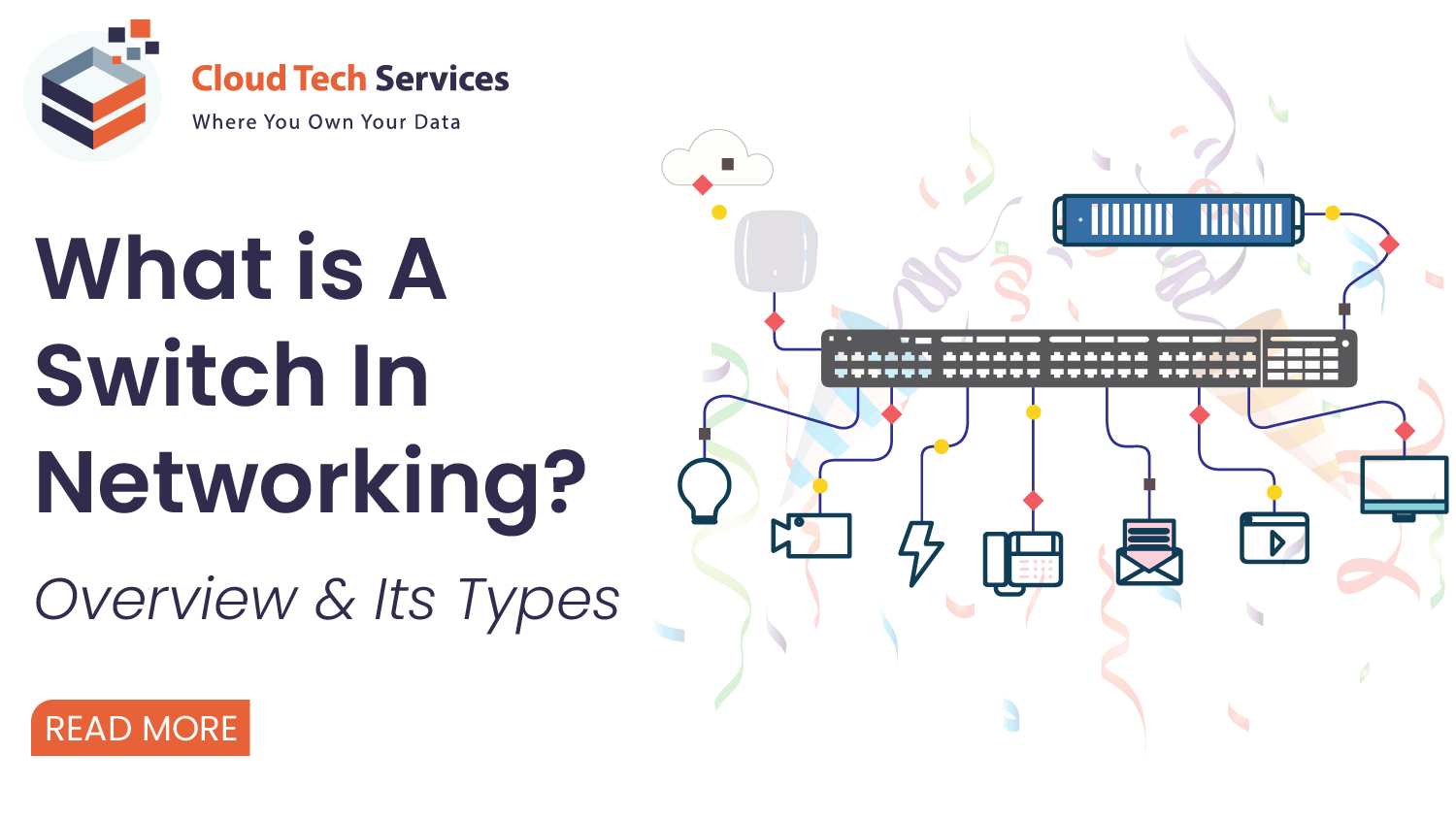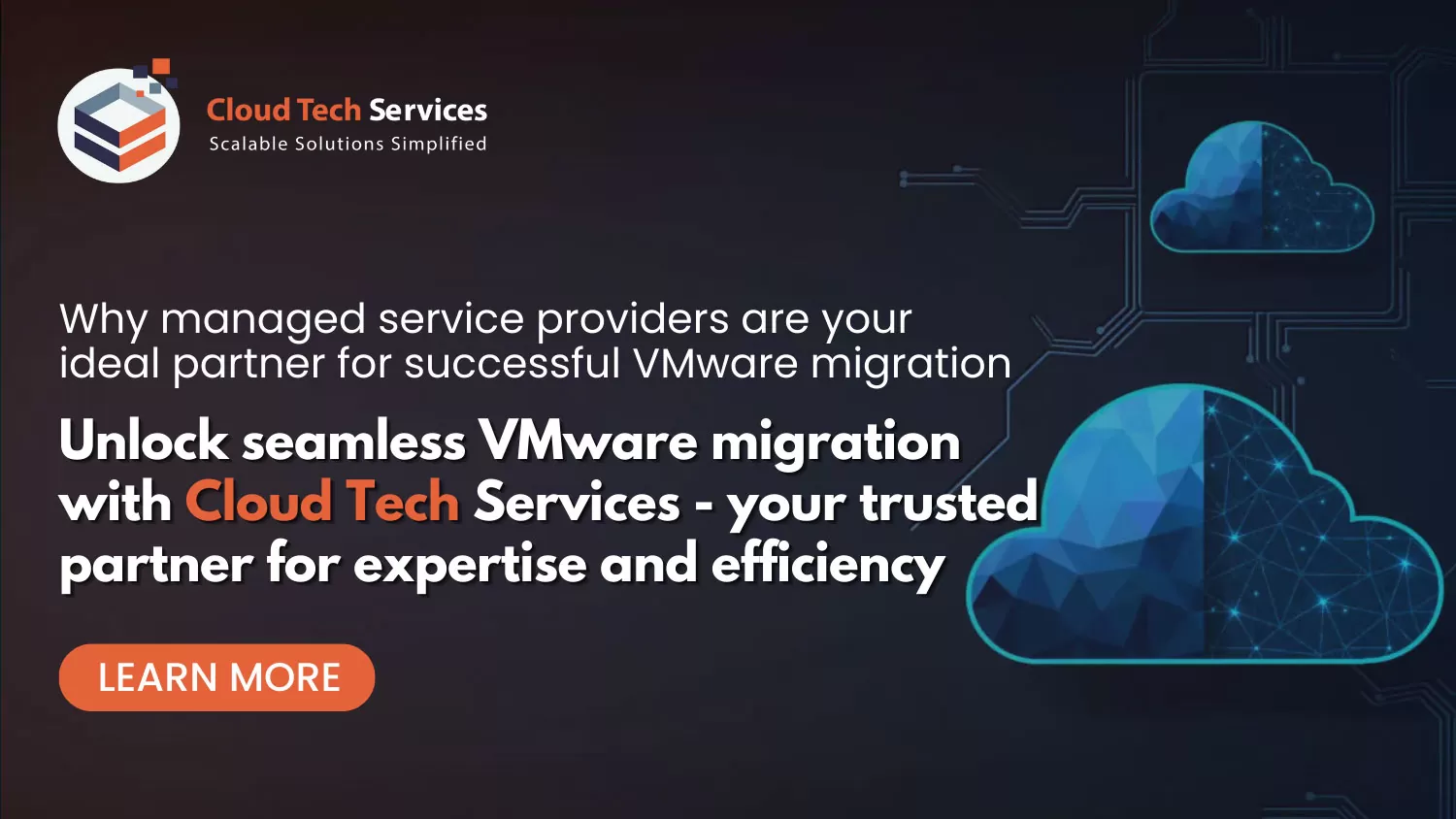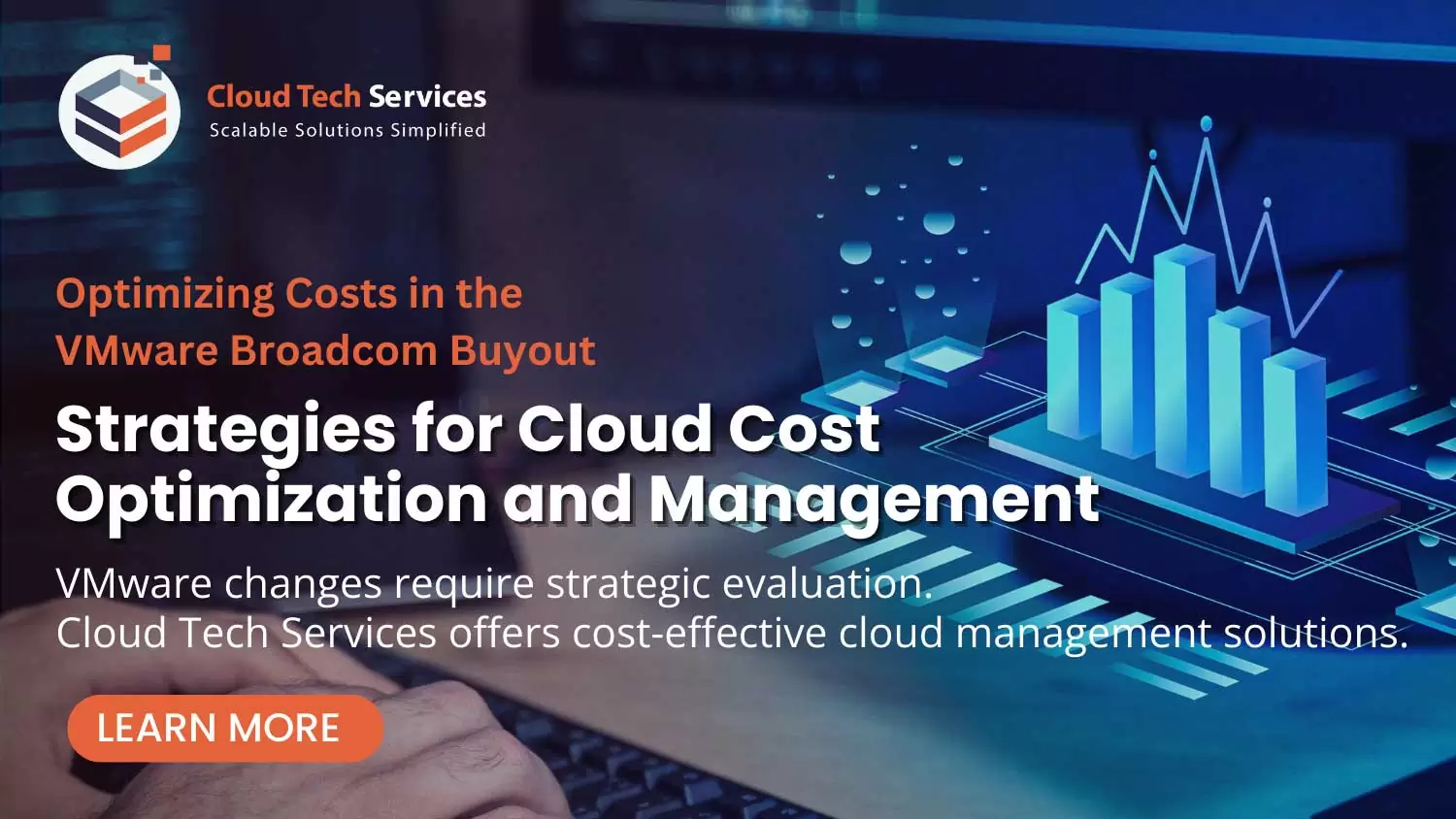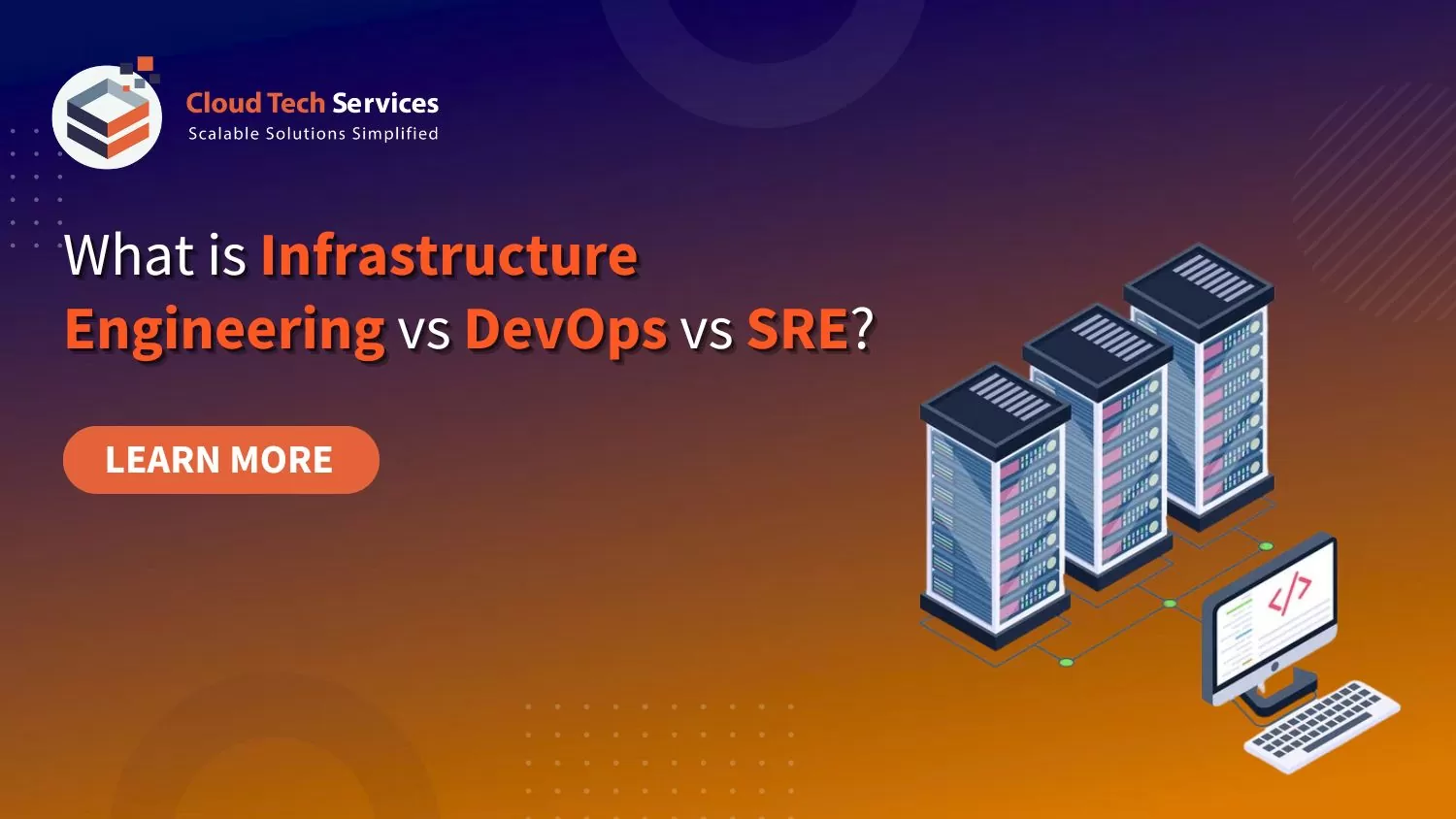What is Infrastructure Engineering vs DevOps vs SRE?
Did you know that 85% of companies will be cloud-first by 2025?
As businesses race towards digital transformation, understanding the differences and synergies between Infrastructure Engineering, DevOps, and Site Reliability Engineering (SRE) becomes crucial.
How do these roles intersect, and why are they essential for building resilient, scalable, and efficient systems?
Infrastructure Engineering: The Backbone of IT Operations
Infrastructure Engineering forms the foundational layer of IT operations. Professionals in this role are responsible for designing, building, and maintaining the hardware and software infrastructure that supports all other IT functions. This includes servers, storage systems, networks, and data centers.
Benefits:
- Stability and Reliability: A well-designed infrastructure ensures that IT systems are stable and reliable, minimizing downtime and disruptions.
- Scalability: Infrastructure engineers design systems to scale with the organization’s growth, accommodating increased demand without sacrificing performance.
- Security: Robust infrastructure provides a strong defense against cyber threats, protecting sensitive data and maintaining compliance with regulations.
Challenges:
- Complexity: Designing and maintaining infrastructure can be highly complex, requiring specialized knowledge and skills.
- Cost: Building and maintaining infrastructure can be expensive, particularly for small to medium-sized businesses.
- Maintenance: Keeping infrastructure up-to-date and running smoothly requires continuous effort and resources.
SRE: Ensuring Reliability and Performance
Site Reliability Engineering (SRE) is a discipline that incorporates aspects of software engineering and applies them to infrastructure and operations problems.
Benefits:
- Reliability: SREs focus on ensuring that services are reliable and meet agreed-upon performance standards, improving user satisfaction.
- Efficiency: By automating repetitive tasks and improving processes, SREs reduce operational toil and increase efficiency.
- Proactive Problem Solving: SREs proactively identify and resolve potential issues before they impact users, enhancing system stability.
Challenges:
- Skill Requirements: SREs need a deep understanding of both software engineering and IT operations, making it a specialized and challenging role.
- Cultural Integration: Integrating SRE practices into existing teams can be difficult, particularly if there is resistance to change.
- Resource Intensive: Implementing SRE practices can be resource-intensive, requiring significant investment in tools and training.
Ready to transform your IT operations?
Contact us today for a consultation and discover how Cloud Tech Services can help you achieve seamless and robust IT infrastructure.
DevOps: Bridging Development and Operations
DevOps is a cultural and professional movement that aims to bring together software development (Dev) and IT operations (Ops) teams to improve collaboration and productivity. The primary goal of DevOps is to shorten the software development lifecycle while delivering features, fixes, and updates frequently in close alignment with business objectives.
Benefits:
- Faster Time-to-Market: DevOps practices enable rapid development and deployment of software, helping businesses stay competitive and responsive to market changes.
- Improved Collaboration: By breaking down silos between development and operations teams, DevOps fosters a culture of collaboration and shared responsibility.
- Automation: DevOps emphasizes automation of repetitive tasks, reducing human error and increasing efficiency.
Challenges:
- Cultural Change: Implementing DevOps requires significant cultural change within an organization, which can be challenging to achieve.
- Tool Integration: Integrating various tools and technologies into a seamless DevOps pipeline can be complex and time-consuming.
- Security Risks: Rapid deployment cycles can sometimes lead to security vulnerabilities if not managed properly.
Managed cloud services can provide the necessary tools and platforms to streamline DevOps practices, ensuring that development and operations teams can focus on innovation rather than infrastructure.
Leveraging Cloud Tech Services for Seamless Integration
Understanding the distinctions and intersections between Infrastructure Engineering, DevOps, and SRE is crucial for building resilient, scalable, and efficient IT systems. Each role brings unique skills and perspectives to the table, and when combined, they create a powerful synergy that drives innovation and operational excellence.
To maximize the benefits of these roles, businesses can leverage managed cloud services. Managed Service Providers (MSP) like Cloud Tech Services offer comprehensive solutions that encompass infrastructure management and SRE practices.















